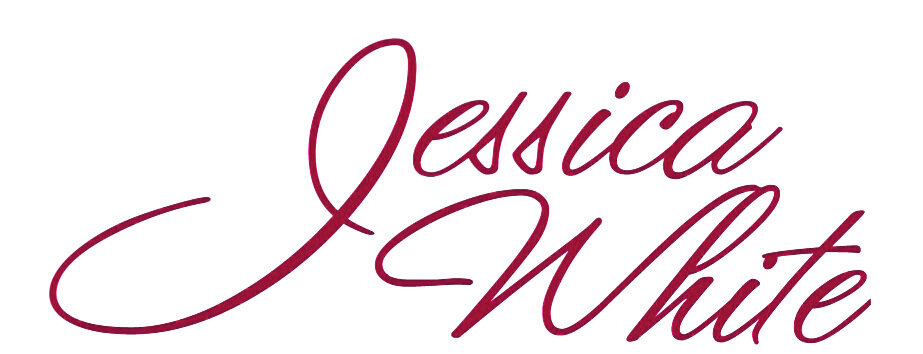A Great Many Capital Foreign Things
The State Library of Queensland is not a conventional, box-like building. It takes advantage of the city’s warm climate and exposes parts of itself to the elements. As I walk into the central court, covered by a roof over the fifth floor, I find a bookshop and café on my left. Outside the café is an outdoor lounge, protected from rain by the floor above. On my right is the library, its walls made of glass. In the children’s corner, papier mâché octopuses hang from the ceiling, while in the room adjacent people stand at computers or sit in wide, comfortable chairs with newspapers or their laptops. The wireless signal on each floor is strong enough to reach users wandering outside with their mobiles. This blurring of inside and outside continues in the floors above. The cements stairs and tiled walkways are open to the wind, while automatic doors to each floor open and close as patrons walk in and out.
The John Oxley library, which houses the archives, is on the fourth floor. I move from the muggy warmth into the chilly air of the building, passing a dimly-lit corridor. When I reach the reading room, sunlight floods through the glass walls, dazzling me. Once my eyes adjust, I look out to the milky brown river. The opposite bank is shaded by trees, tall office towers rising behind them. Blinking, I make my way to a desk and open my laptop. I’ve been living in London, where I’m writing my PhD on nineteenth century Queensland novelist Rosa Praed and her deaf daughter Maud, and I’ve returned to Australia for a few weeks to do research and visit my family. The unabated sunlight and the view of the river are glorious.
This is an extract from my memoir, Hearing Maud. You can read the rest of it in the current issue of Southerly, a special issue on Writing Disability.

